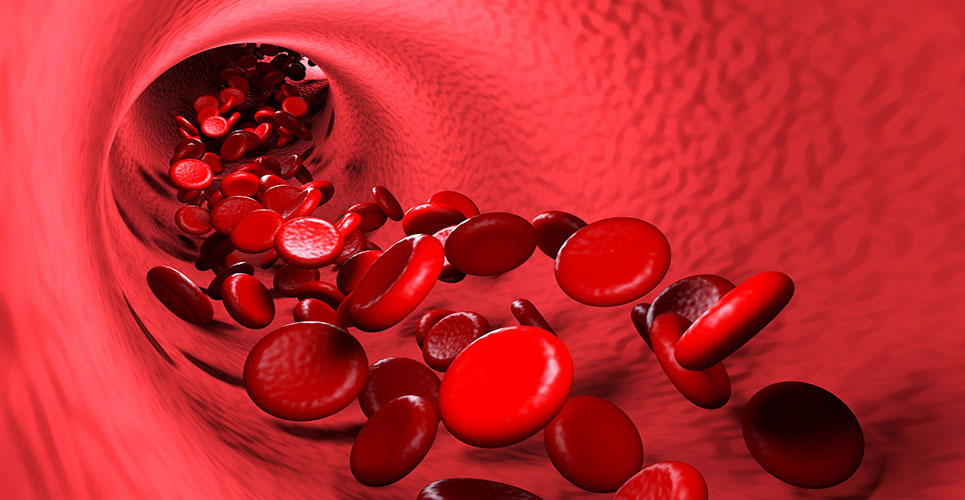teaser
Researchers have developed a chemically modified protein which could be used to help treat people with the genetic bleeding disorder Haemophilia A.
People with the blood clotting disorder typically receive injections of a protein called Factor VIII (FVIII) to control potentially life-threatening episodes of bleeding.
But FVIII is in short supply, and as many as one in three people with Haemophilia A produce inhibitor antibodies, which attack the coagulatory gene and cancel out its blood-clotting benefits.
However, pathologists at The University of Texas Health Science Centre in Houston, USA, have developed a chemically modified version of FVIII which neutralises these inhibitor antibodies, and paves the way for the correction of the blood-coagulating process.
The modification, called electrophilic FVIII analog (E-FVIII), could provide a more economically feasible method of treating inhibitor antibodies, the researchers say.
The discovery and the results of pre-clinical tests have been published in the Journal of Biological Chemistry.
Copyright © PA Business 2008
Journal of Biological Chemistry

